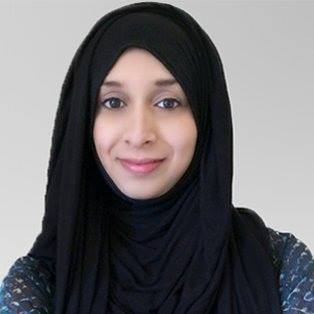Yemen is facing an unprecedented high level of malnutrition in children due to severe food shortages, as a direct result of war and the coronavirus pandemic. The United Nation (UN)’s latest survey estimates that 100,000 children aged under five in Yemen are at risk of dying. Heartbreakingly, this means that Yemen could lose an entire generation of children due to the hunger crisis unless urgent action is taken to facilitate more access to humanitarian aid and food supplies.
Worryingly, it is estimated that there are 1.5 million children living in the worst-stricken areas of South Yemen governed by the Yemeni government. The country has undergone five years of conflict since a Saudi-led coalition launched an assault against the Houthi rebels. However, the real victims of this war are innocent civilians and children who have had to face dire conditions. The Saudi-led intervention headed by Saudi Crown Prince Mohamed Bin Salman, the United Arab Emirates and its allies, have protracted the conflict and caused what the UN describes as the world’s worst humanitarian crisis in the poorest country in the Middle East.
It was reported that more than 100,000 people had been killed in the war, according to Armed Conflict Location and Event Data (ACLED), including 12,000 civilians. In addition, the World Food Programme estimates that 24 million Yemenis require humanitarian assistance, while 20 million have no food security and do not know when their next meal will come. With these shocking levels of poverty, it is frustrating that world leaders continue to turn a blind eye to the conflict.
![Yemeni children affected by the Saudi-coalition war - Cartoon [Sabaaneh/MiddleEastMonitor]](https://i0.wp.com/www.middleeastmonitor.com/wp-content/uploads/2018/08/yemen-children-cartoon.jpg?resize=920%2C657&ssl=1)
Yemeni children affected by the Saudi-coalition war – Cartoon [Sabaaneh/MiddleEastMonitor]
I have long called for the war in Yemen to end and for those in power to pave the way in taking a firm stance against supporting Saudi Arabia in its assault on Yemen. Yet to this date, there has been little progress in facilitating peace and putting an immediate end to the bloodshed. Jens Laerke of the UN Office for the Coordination of Humanitarian Affairs (OCHA) in Geneva stated: “We have been warning for several months now that Yemen was heading towards a cliff. We are now seeing the first people falling off that cliff – those are the children under five years of age. Nearly 100,000 of them are at risk of death.”
It is unthinkably harrowing that small children under the age of five are the worst hit by the impact of war, economic instability and malnutrition. Those allies in the West such as the UK and the US have played a role in this brutal war and have assisted Saudi Arabia in providing the arms which have killed hundreds and thousands of civilians, and impacted many young children who deserve a better future.
Saudi Crown Prince Mohamed Bin Salman must face up to his actions and reassess whether his actions are in line with the tenets of Islam. The war that brought Yemen to the brink of starvation and death should be a matter of regret to the Saudi crown prince and certainly does not comply with the Islamic values of looking after our brothers and sisters in Islam and the wider society.
Sadly, calls to end the war and facilitate measures to rebuild and rehabilitate the country have fallen on deaf ears. The only rays of hope were the humanitarian aid and charities working on the ground to help those in need, but now even they are helpless in being able to support the most vulnerable due to lack of funding. The grave situation should never have come to pass, and it is now up to the international community to speak up and pressure those in power to act now to save the people of Yemen from further heartache.
UN: 4 countries face acute hunger, famine
The views expressed in this article belong to the author and do not necessarily reflect the editorial policy of Middle East Monitor.

![Children gather for a demonstration as part of World Children's Day in Sanaa, Yemeni on 20 November 2019. [Mohammed Hamoud - Anadolu Agency]](https://i0.wp.com/www.middleeastmonitor.com/wp-content/uploads/2019/11/20191121_2_39445715_49663948.jpg?fit=920%2C613&ssl=1)







